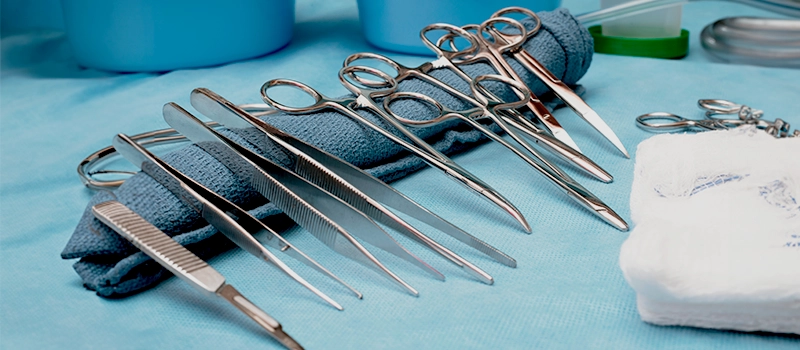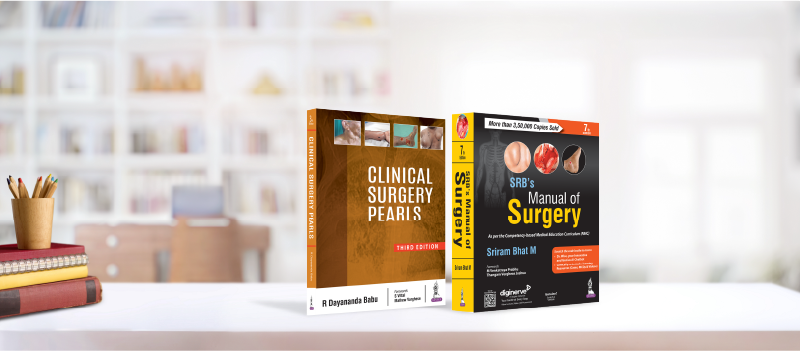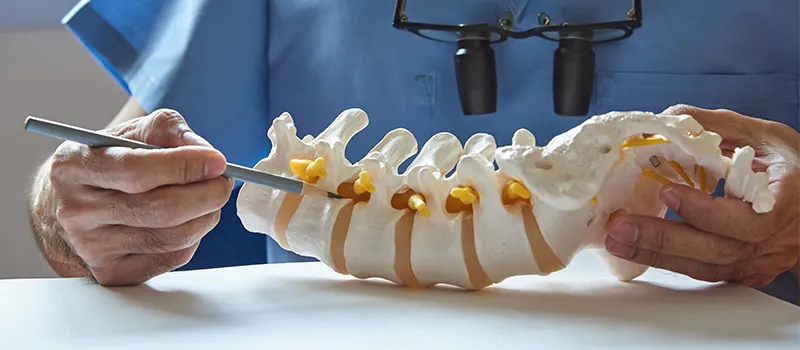

How to Approach Surgery in MBBS?
Surgery is one of the most versatile subjects in MBBS. Studying surgery the right way helps in determining a patient’s course of treatment. Integration of surgery with important disciplines such as Anatomy, Pathology, Medicine, and others has become essential in the contemporary CBME curriculum. This has made it more challenging for students to figure out how to approach and study the subject holistically.
Where to begin with?
Begin with the topics that are most familiar to you. Nearly 80% of surgery is contained in the fundamentals, so make sure you have the fundamentals of surgery ready at hand. Most people focus on difficult themes while ignoring the fundamentals, which could be a mistake because most of the high-yield questions are based on the fundamentals, such as Head & Neck, Breast, and Abdomen.
Focus on Conceptual Clarity
It’s easier to approach Surgery if you gain conceptual clarity. Mugging up can help you with only a few answers but the subject has intricacies that can be memorized only if you have the concepts on your tips.
Divide the Subject into 3 Parts
- General Surgery
- Systemic & Specialty Surgery
- Clinics in Surgery
Watch Real Cases Online
Watching videos with real-life clinical scenarios will help in the development of correct concepts. This will give you maximum exposure to build your understanding, structure it, and ultimately excel in exams. Find the best surgery video lectures on DigiNerve, where Dr. Sriram Bhat (SRB) is a faculty for Surgery for UnderGrads. He is the renowned author of the best-seller – “SRB’s Manual of Surgery”. Clinical examination and differential diagnosis have been given top priority throughout the course. Each topic includes theoretical and practical components of operative surgery, as well as critical problems for university examinations, PG entrance tests, and viva voce. Surgical anatomy is a crucial element of operational surgery, so cover it alongside the majority of the structures and systems to get a thorough understanding.
Choose the right books: When it comes to choosing the right book for surgery, no doubt “SRB’s Manual for Surgery” is the best. This book includes an advanced approach to treat cancer. All of the key chapters of general surgery are covered in detail, as are the most common conditions. The supporting diagrams and images are easy to memorize—crucial for a student confronting theory and practical exams. This book will be a go-to resource for all surgical difficulties.
Practise Q Banks: MCQs should be extensively practiced. Including case-based questions will strengthen your preparation. DigiNerve’s Surgery for UnderGrads includes 2500+ MCQs along with notes, and video lectures for you to have a thorough understanding of Surgery.
Attend clinics regularly
This is the most significant and decisive aspect of the final year. It is critical to participate actively in clinics rather than simply attending for the sake of attending. Regardless of the posting, make sure you follow the steps below:
- As many patients as possible should be examined. Practice eliciting a variety of findings that will assist you in making a diagnosis. For example, in Surgery, palpation of a swollen/ulcer, and palpation of lymph nodes. Actively seek out cases and put your knowledge to the test until you’ve mastered them.
- Never be afraid to express your argument. Every case you present is a chance. It assists you in increasing your self-assurance, identifying your flaws, and learning from your failures. You will make fewer mistakes if you practise more cases.
- To arrive at a diagnosis, emphasizing the history and physical examination of the patient is extremely important. You must calculate the differentials on your own. Make a list of investigations based on your differential diagnosis and limit down the list.
- While preparing the case and during the discussion, it is important to critically think. Ask questions to clarify any doubts. Indulge in discussions with your friends or classmates to brainstorm, which will increase your ability to think faster during the time exams.
FAQs
-
How do you study for Surgery?
Start with the basics and gradually move ahead into the details. Watch video lectures, preferably of the author whose book you’re reading, to make your concepts clear. This can be done on DigiNerve where you can watch SRB’s video lectures. Solve as many MCQs as you can, including tons of case-based questions.
-
What are the 3 pillars of surgery?
- General Surgery
- Systemic & Specialty Surgery
- Clinics in Surgery
-
Where can I get surgery video lectures?
The best online platform offering a comprehensive surgery course is DigiNerve. It also provides MCQs and notes.
- Is DigiNerve’s Surgery for UnderGrads course enough to clear concepts?
Yes, Surgery for UnderGrads is a course by Dr. Sriram Bhat (SRB) who comprehensively explains concepts with the help of video lectures, MCQs, and Notes.
Related post

































